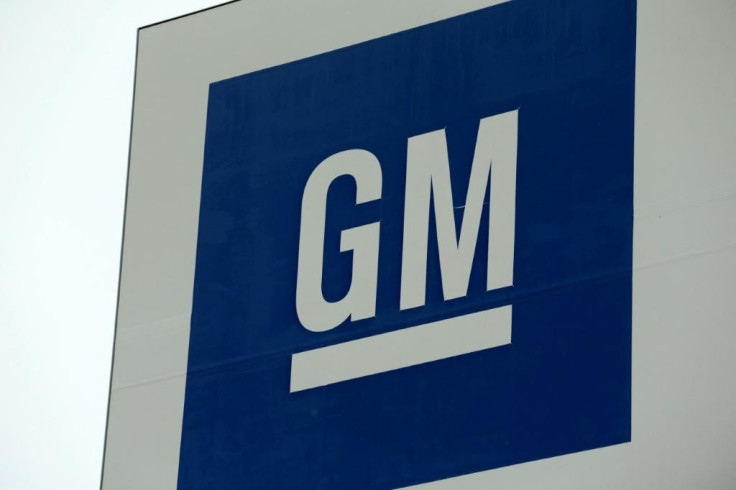GM, Ford see semiconductor shortage lasting into 2022
Car inventories are also expected to stay lean into 2022, but will rebuild over the medium-term.
General Motors and Ford reported lower profits Wednesday as a global semiconductor crunch dented sales, prompting both US auto giants to caution that shortages would persist into 2022.
But shares moved in opposite directions, with Ford rallying on more upbeat comments about current chip availability but GM's stock slumping.
The latter Detroit automaker suffered significant sales declines across its markets including the United States and China, the result of depleted inventories due to the chip shortage that obliged plants to suspend manufacturing.
"The quarter was challenging due to continuing semiconductor pressures," GM chief Mary Barra said in a letter to shareholders.
Ford also reported lower profits, but revenues fell more modestly and the company pointed to a "significant" improvement in semiconductor availability in the latest quarter
Chip availability "markedly improved" from the prior quarter, even as supply "remains a challenge," Ford said in their earnings release.
"We see it continuing into 2022," Ford Chief Financial Officer John Lawler said on an analyst conference call, adding that the problem could persist into 2023.
At GM, profits fell 41 percent to $2.4 billion following a 24 percent drop in revenues to $26.8 billion amid a broad-based shortfall in sales in all markets and across models.
Still, profits topped analyst expectations, in large part because of strong vehicle pricing due to limited inventories. US dealer inventories are currently less than a third of their year-ago levels.
The semiconductor travails were exacerbated recently by outages at one of GM's chip suppliers in Malaysia caused by an outbreak of the Delta variant of Covid-19.

Barra said the company has seen "some improvement" in semiconductor availability, with more expected in the first quarter of 2022, although the situation "continues to be somewhat volatile."
In the first half of 2022, "We'll still see impact from the semiconductor shortage," she said, but "we think it will get better towards the end of the year."
Car inventories are also expected to stay lean into 2022, but will rebuild over the medium-term.
"We're meant to have more inventory," said Chief Financial Officer Paul Jacobson. "When customers want to buy a vehicle, they want to buy a vehicle. They don't want to wait."
But GM is rethinking its approach to inventories in light of the strong pricing of the pandemic.
"The right answer is certainly a lot more than what we have today but certainly quite a bit less than what we've carried historically," Jacobson said.
At Ford, profits fell 23 percent to $1.8 billion on a five percent drop in revenues to $35.7 billion.
But the auto giant said it enjoyed a "significant" improvement in semiconductor availability compared with the prior quarter. In April, Ford had cited a fire at a Japan chip supplier as a major obstacle.
Ford lifted its full-year operating profit forecast and said its board voted to reinstate a dividend. Investors will get 10 cents a share on December 1.
Like General Motors and other rivals, Ford is aggressively ramping up investments in electric vehicles. The company has unveiled an all-electric version of its popular F-150 pickup truck and plans a new F-Series truck plant in Tennessee.
Shares of GM fell 5.4 percent to $54.26 Wednesday after reporting results. Ford surged 8.8 percent in after-hours trading to $16.85 in the period after it released earnings.
Copyright AFP. All rights reserved.
This article is copyrighted by International Business Times, the business news leader




















